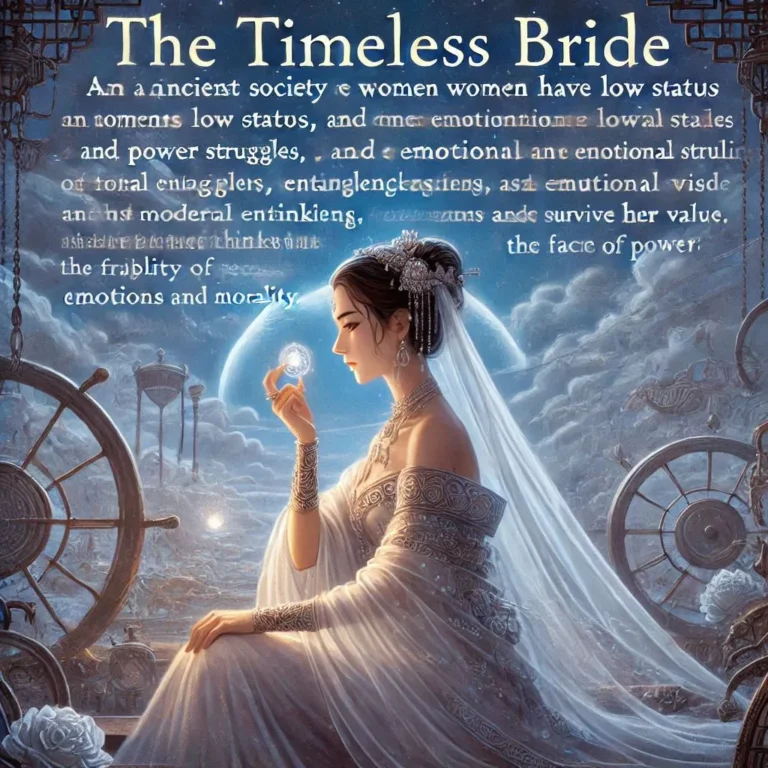“Of course,” Kerns said. “You’re a duchess, the emperor’s granddaughter. Your dance partner’s status must match yours. Privately, you can dance with Hans Borg as many times as you want, but at the ball, he won’t have a chance to open the dance with you. That’s the rule for people like us.”
William Mina lowered her head, remaining silent.
“It’s settled then, my darling Vili,” Kerns said, putting his arm around her shoulders, “The first dance is mine!”
William Mina remained indifferent, her face filled with hesitation.
At this moment, a pair of military boots appeared in front of the table.
The two children looked at each other in confusion, and then the tablecloth was lifted from one corner, revealing an elegant face.
“Look what I found!” the young master of the Selberg family smiled joyfully, “It’s you two. Your Highness, Young Master Kerns.”
Kerns crawled out from under the table, “How unlucky. Vili, let’s go.”
William Mina also crawled out, ignoring Albert.
“Your Highness, your shoelace is loose,” Albert reminded her.
She turned and glared at him like an angry little leopard.
“Why don’t you go find Annabel?” Kerns said rudely to Albert, pulling William Mina behind him. “She’s been searching for you all over the ballroom.”
Albert was amused by this, “Thank you for the reminder, Young Master Kerns.”
“Let’s go, Kerns.” William Mina tied her shoelace and ran off with Kerns.
Albert watched them leave and awkwardly touched his chin, asking his friend Nick, “Will a ten-year-old girl hold a grudge?”
“Ten years old?” Nick laughed, “Have you broken another record? I thought you avoided the junior section.”
“Don’t talk nonsense, she’s just a child,” Albert replied. “I took a joke too far and scared her. I should apologize.”
“Of course!” Nick laughed, “A gentleman shouldn’t displease a lady. But remember, no flowers! Dolls and candy would be more effective!”
Albert laughed and punched him playfully.
“Albert, you’re here!” Annabel approached, radiant and adored as the star of the ball.
The young girl was glowing, her spirits high, enjoying her nobility and glory. She was confident and purposeful, with fierce momentum.
“Your predator has arrived, buddy. Looks like a carnivorous dinosaur,” Nick patted his friend’s shoulder and slipped away under Annabel’s meaningful gaze.



